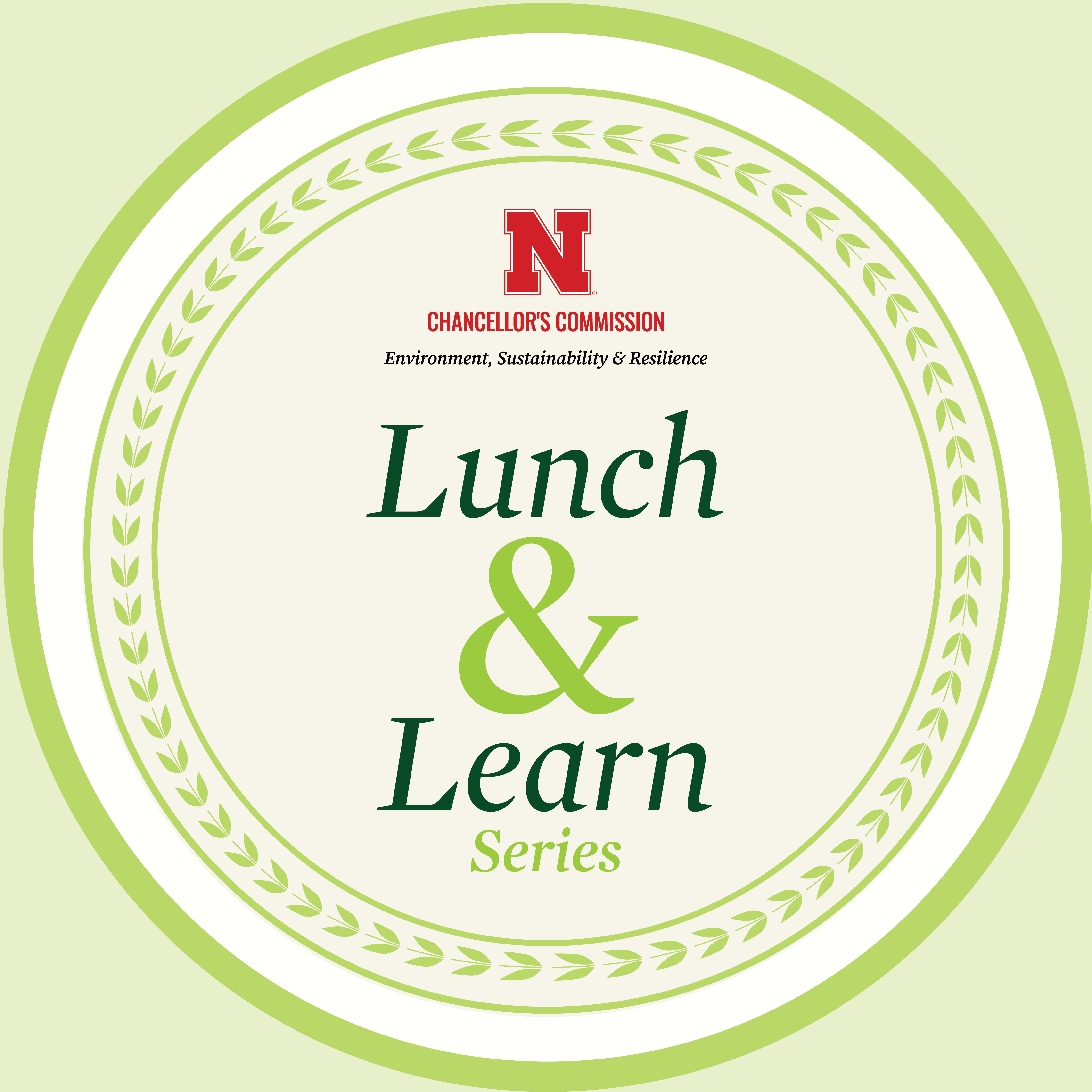Chancellor's Environment, Sustainability, and Resilience Commission
The Chancellor's Environment, Sustainability, and Resilience Commission (CESRC) provides strategic recommendations and ongoing advice to the Chancellor related to the environmental, social, and economic well-being of the University of Nebraska–Lincoln (UNL) and its stakeholders. The CESRC promotes the socially responsible stewardship of resources and the creation of resilient systems that are adaptable and recoverable to short- and long-term environmental and technological changes.
The CESRC was reinvigorated in the Fall of 2019 with the goal of developing a master plan that provides strategic vision related to environment, sustainability, and resilience (ESR) topics at UNL and serves as an aspirational framework for change. The resulting ESR Master Plan outlines the University’s agenda for initiatives and sustainability practices across all major components and constituencies of UNL to create a sustainability-centric culture.
The ESR Master Plan provides strategic recommendations to:
1. Achieve the N|150 mission and vision and related N2025 strategic initiatives
2. Ensure that the “operations and infrastructure of the University are dynamically structured, optimized, and accessible to continually build excellence and ensure a safe, sustainable, and inclusive environment”
3. Promote the tenet that every person and every interaction matter.
Organization
The CERSC consists of two co-chairs, the ESR Council, and general commission members. The ESR Council was established in 2022 as part of the implementation framework outlined in the ESR master plan and consists of responsible parties designated by members of UNL’s Executive Leadership Team. The role of the ESR Council is to lead and support the implementation of efforts to foster progress towards the achievement of the aspirational goals outlined in the master plan. Commission members serve as ambassadors who promote the implementation of the ESR Master Plan and support the continued development of a culture of sustainability at UNL.
Contact the Office of Sustainability for More InformationCESRC Lunch and Learn Series
The CESRC hosted a Lunch and Learn video series to discuss sustainability topics with UNL experts in an accessible and engaging format over the lunch hour. Topics included "Campus and Local Food Systems" and "Sustainability in Fashion."

